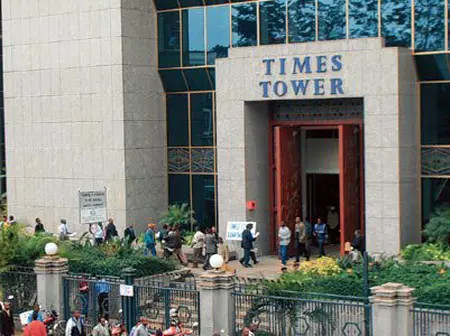On any given morning at the Port of Mombasa, cranes swing overhead as containers are stacked in neat metallic rows. It looks orderly from a distance, but beneath that choreography lies the messy challenge of customs enforcement: figuring out what is really inside those steel boxes. For years, officers have relied on experience, sharp eyes, and sometimes luck. Smugglers, however, have been just as resourceful.
Now, the Kenya Revenue Authority (KRA) is putting artificial intelligence into the mix.
The agency has introduced AI-enabled scanners designed to read cargo images in seconds. Where a human officer would take minutes, an algorithm can highlight anomalies almost instantly. If tyres are bundled together to mask quantity, or electronics hidden behind unrelated goods, the system flags the image for review.
“It’s no longer about opening every container,” said one officer, speaking off record. “The machine helps us decide what deserves a closer look. That saves time, but it also raises the stakes for anyone trying to cheat the system.”
The scanners are still in pilot stage, but KRA plans a wider rollout by 2026. The expectation is straightforward: reduce clearance delays for legitimate traders while tightening the net on smugglers and tax evaders.
Commissioner-General Humphrey Wattanga has been clear that AI is part of a larger digital transformation. The port trial is only the entry point. Eventually, KRA wants AI woven into its customs and tax systems, helping investigators spot patterns in financial statements, flag suspicious filings, and even pre-fill tax returns for ordinary citizens.
A new data analytics centre is also being built to merge streams of information—ranging from business registrations to bank records and utility connections—into detailed taxpayer profiles. It’s an ambitious undertaking that could change how revenue collection works in Kenya over the next decade.
Experts agree the potential is significant. Reducing human discretion at clearance points could limit corruption, while smarter tools might shrink revenue leakages. But the risks are real too.
“AI can reduce under-declarations and misdescriptions, no doubt,” said Hadijah Nannyomo, a Nairobi-based tax consultant. “The challenge is reliability. Algorithms can misinterpret scans or produce false flags. Without human oversight, that could create its own problems.”
KRA insists the system will remain hybrid: machines to detect patterns, humans to make final calls.
All of this is happening against a turbulent backdrop. President William Ruto’s government is under pressure after recent tax hikes triggered youth-led protests. Expanding surveillance—whether through AI scanners or cross-database checks—could deepen public mistrust, even if the long-term goal is efficiency.
Yet for KRA, the stakes are too high to ignore. Billions slip through the cracks each year due to misdeclared cargo and fraudulent reporting. For a government chasing higher revenues, every container counts.
As the AI scanners continue their trials, the big question is whether they will deliver on both promises at once: faster clearance for the honest, and tougher scrutiny for the dishonest.

Leave a Reply